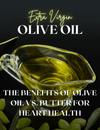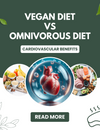No products in the cart.
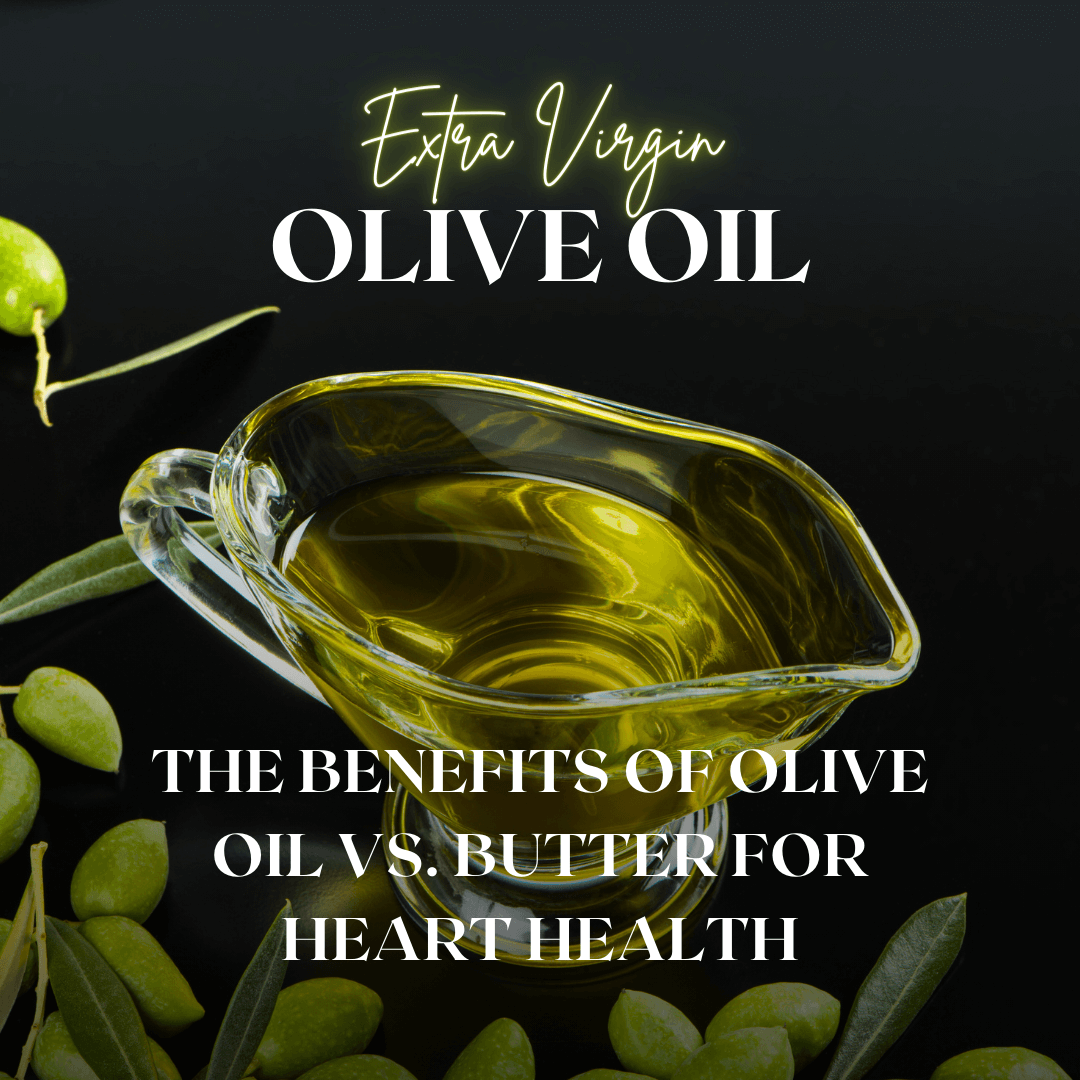
Simple Change Can Decrease Cardiovascular Risk Factors
Posted by: Didrik Sopler, Ph.D., L.Ac.
This study looked at how olive oil, compared to butter, affects our heart health markers, like blood pressure and cholesterol level.
Read more
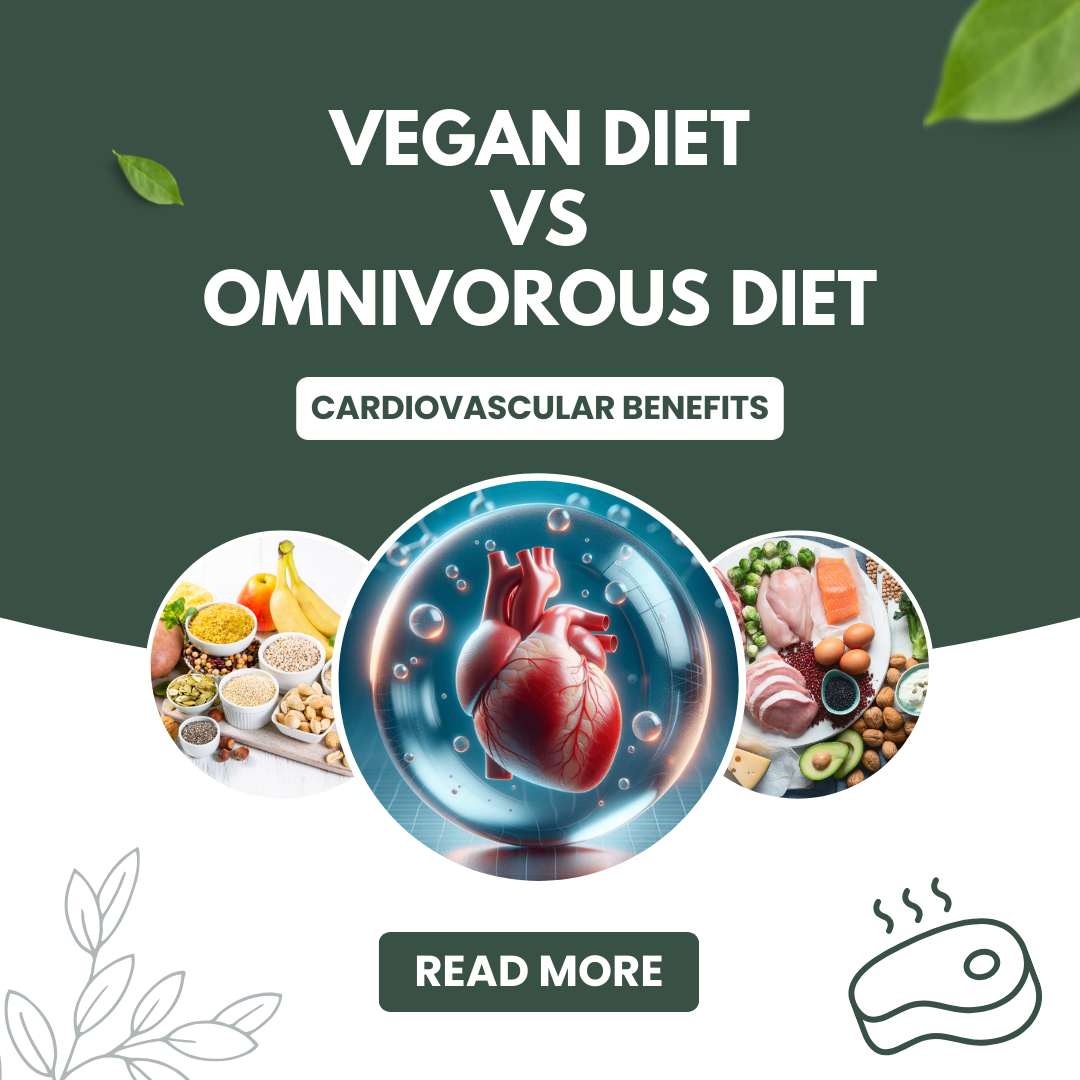
What Type of Diet Works the Best for Reducing Cardiovascular Risk?
Posted by: Didrik Sopler, Ph.D., L.Ac.
In a recent study involving 44 identical twins, researchers found that a vegan diet can lead to better heart health compared to an omnivorous diet.
Read more

What can heat do for your cardiovascular system?
Posted by: Didrik Sopler, Ph.D., L.Ac.
This study included 2315 men between the age of 42 and 60 years (Laukkanen T, et.al., 2015). The purpose of the research was to investigate the association of frequency and duration of sauna bathing with the risk of sudden cardiac death, fatal coronary heart disease, fatal cardiovascular disease, and all-cause...
Read more
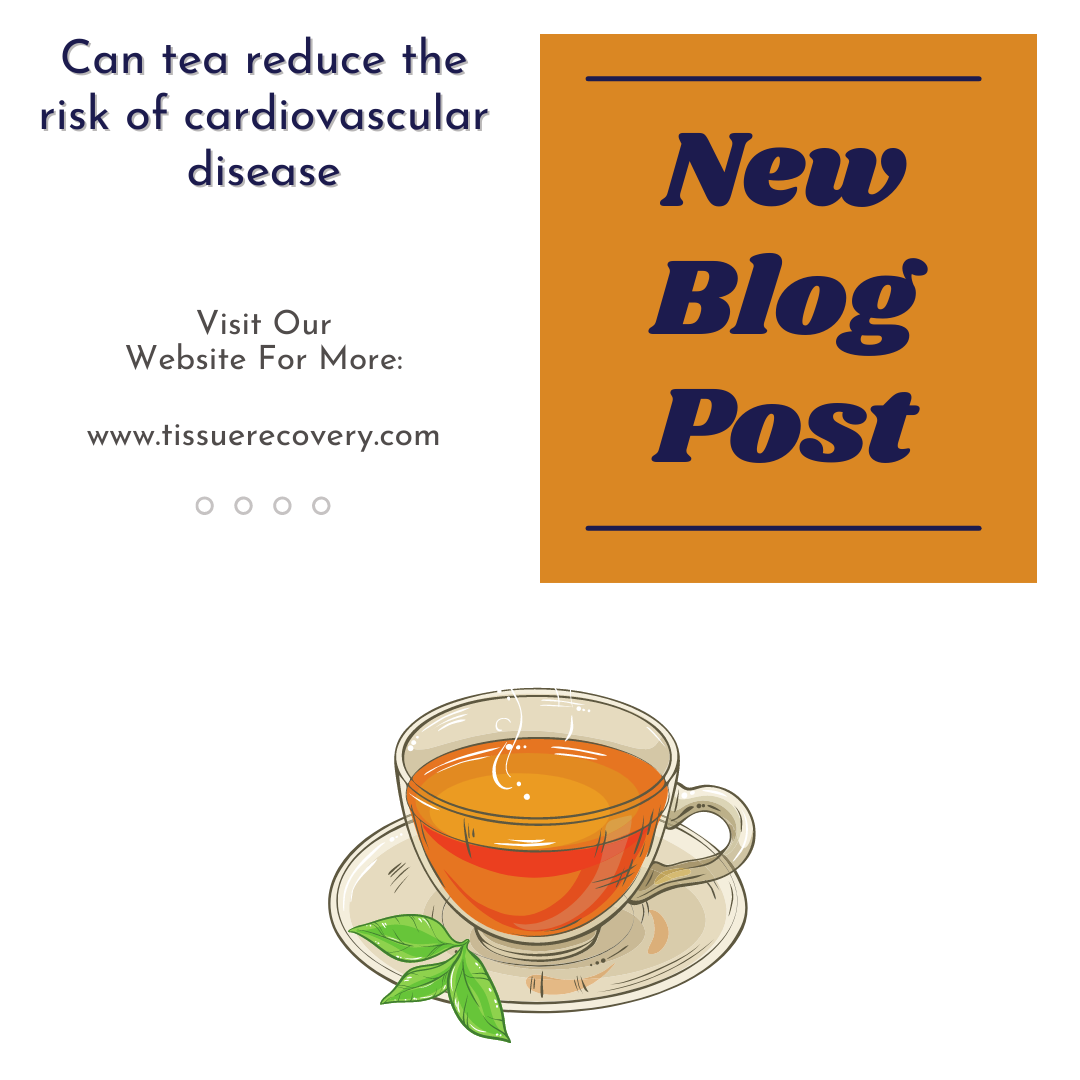
Can tea reduce the risk of cardiovascular disease.
Posted by: Didrik Sopler, Ph.D., L.Ac.
In this research 11 studies on black tea and 24 studies on green tea were analyzed for an association of tea consumption and the risk of cardiovascular disease ( Yang X, et.al., 2022). The results showed that drinking less than four cups of black tea daily may prevent...
Read more
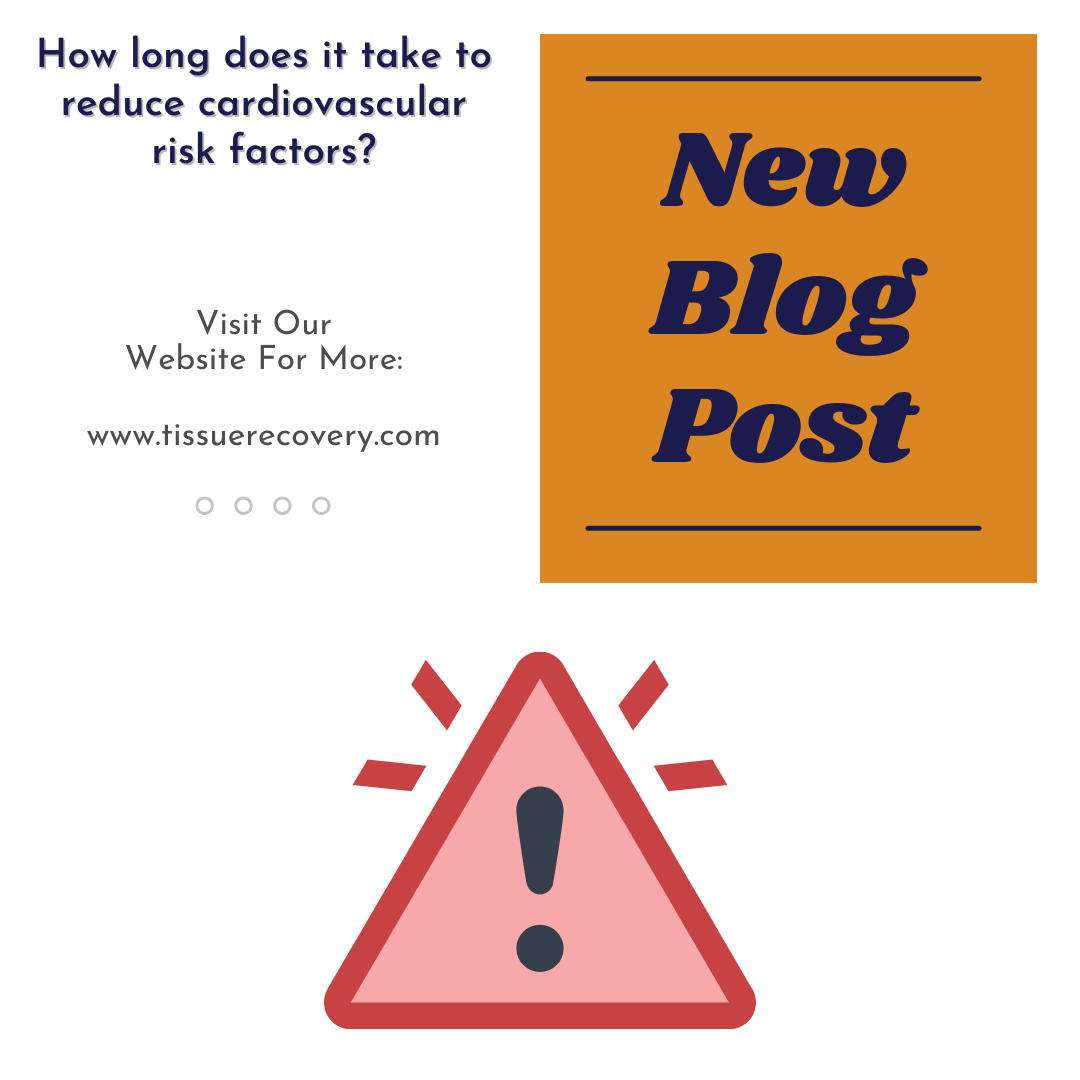
How long does it take to reduce cardiovascular risk factors?
Posted by: Didrik Sopler, Ph.D., L.Ac.
The following research investigated the effect of consuming a plant-based diet on blood Lipoprotein (a) (Lp(a)) levels and other risk factors in overweight and obese individuals (Najjar RS, et.al., 2018). High Lp(a) levels increase your likelihood of having a heart attack or stroke. Lp(a) can cause increased clotting, which...
Read more

Do you want big improvements to your cardiovascular function? These 2 things have shown to do it.
Posted by: Didrik Sopler, Ph.D., L.Ac.
The following research combined exercise and sauna use comparing it with only exercise for the benefits of cardiovascular function (Lee E, et.al., 2022). The researchers measured blood pressure, cardiorespiratory fitness, fat mass, total cholesterol levels, and arterial stiffness. The participants were an average of 49 years old with low...
Read more
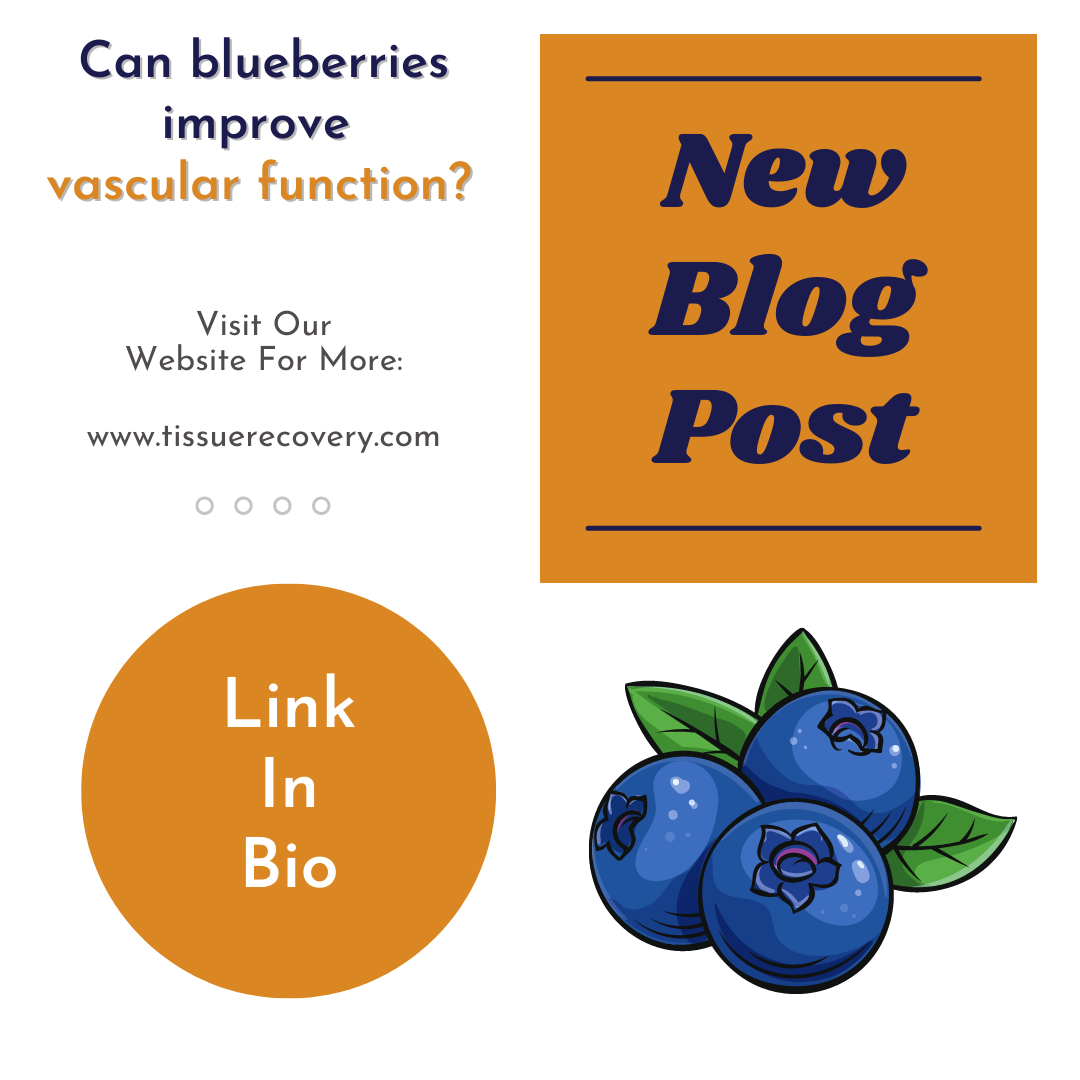
Can blueberries improve vascular function?
Posted by: Didrik Sopler, Ph.D., L.Ac.
The reason to conduct the following research was to investigate the impact of blueberry flavonoid intake on endothelial function in healthy men (Rodriguez-Mateos A, et.al., 2013). Two randomized, controlled, double-blind, crossover human-intervention trials were conducted with 21 healthy men. The impact of blueberry flavonoid intake on flow-mediated dilation and...
Read more

Do you want to improve your vascular system an easy way?
Posted by: Didrik Sopler, Ph.D., L.Ac.
This research evaluated the effects of two different diets, one containing walnuts and the other almonds on endothelial function (Bhardwaj R, et.al., 2018). The endothelium is the inner layer of the blood vessels and is important for healthy cardiovascular function. The study was a randomized crossover, controlled intervention study with...
Read more

Do you want to reduce your cardiovascular risk an easy way?
Posted by: Didrik Sopler, Ph.D., L.Ac.
This research investigated the dose-response relations of sodium, potassium, magnesium and calcium with cardiovascular disease risk (Pickering RT, et.al., 2021). The study included 2362 men and women 30 to 64 years old. Surprisingly lower sodium intake less than 2500 mg compared to more than 3500 mg per day was...
Read more
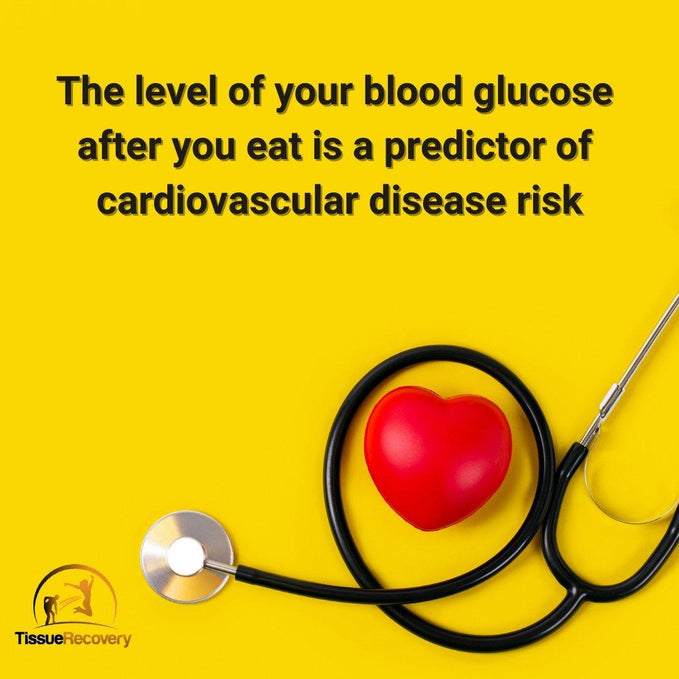
The level of your blood glucose after you eat is a predictor of cardiovascular disease risk.
Posted by: Didrik Sopler, Ph.D., L.Ac.
Oxidative stress is directly proportional to the increase in glucose after a meal. This increase in free radicals acutely triggers inflammation, endothelial dysfunction, hypercoagulability ( risk for blood clots), and a cascade of other atherogenic changes (O’Keefe GH, Bell DSH, 2007). The endothelium is the inner lining of the...
Read more
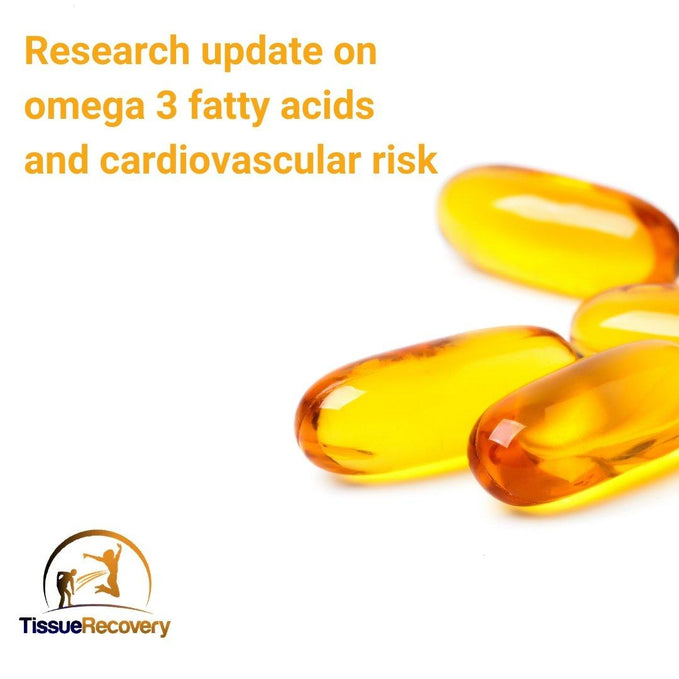
Research update on omega 3 fatty acids and cardiovascular risk.
Posted by: Didrik Sopler, Ph.D., L.Ac.
EPA and DHA are 2 of the main active ingredients in fish oil. The following research included a total of 40 studies with 135,267 participants (Bernasconi AA, et.al., 2020). The researcher investigated different cardiovascular outcomes as they related to intake of EPA and DHA. The studies were all randomized...
Read more
Showing: 1 -11 of 11



